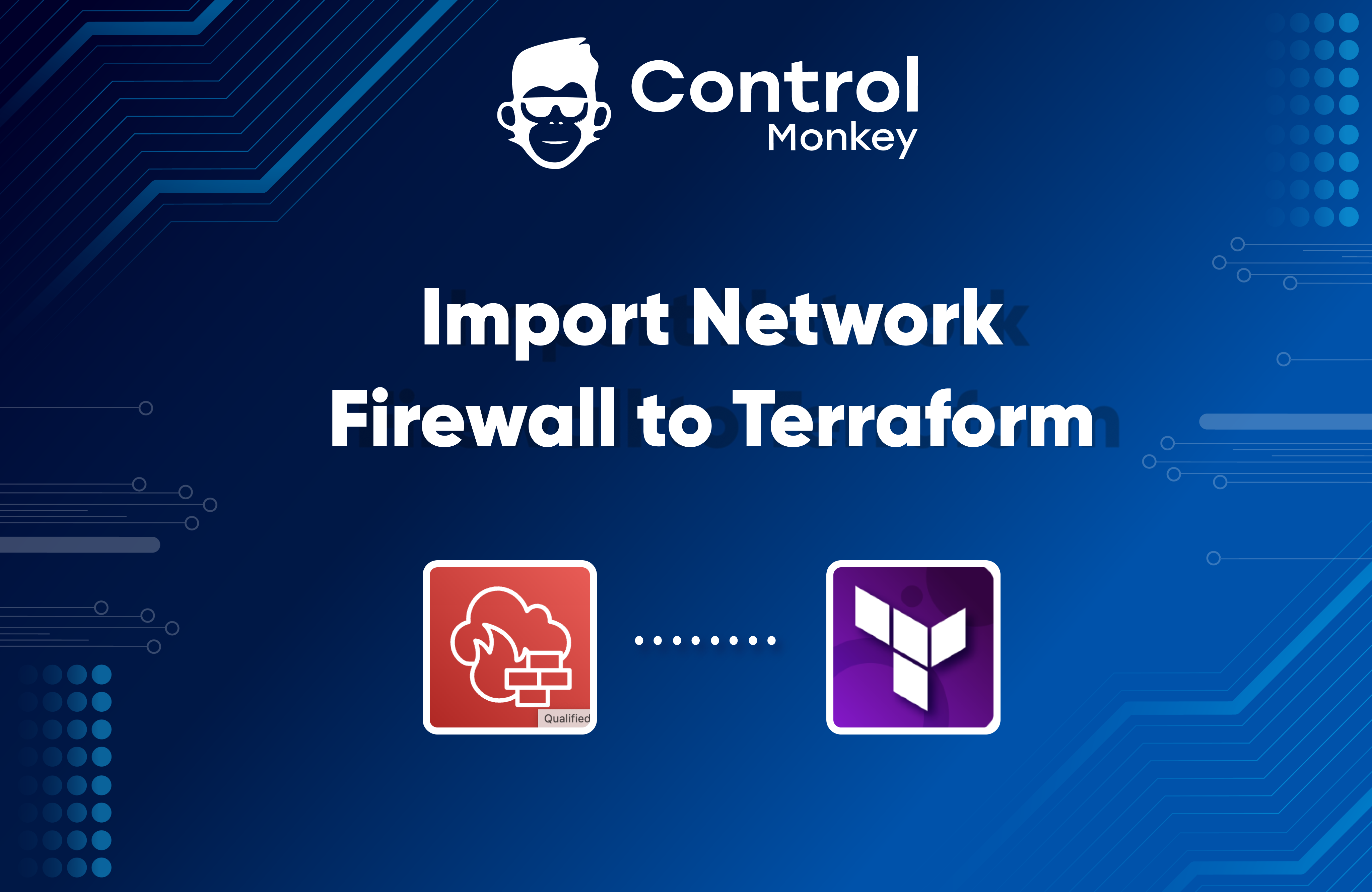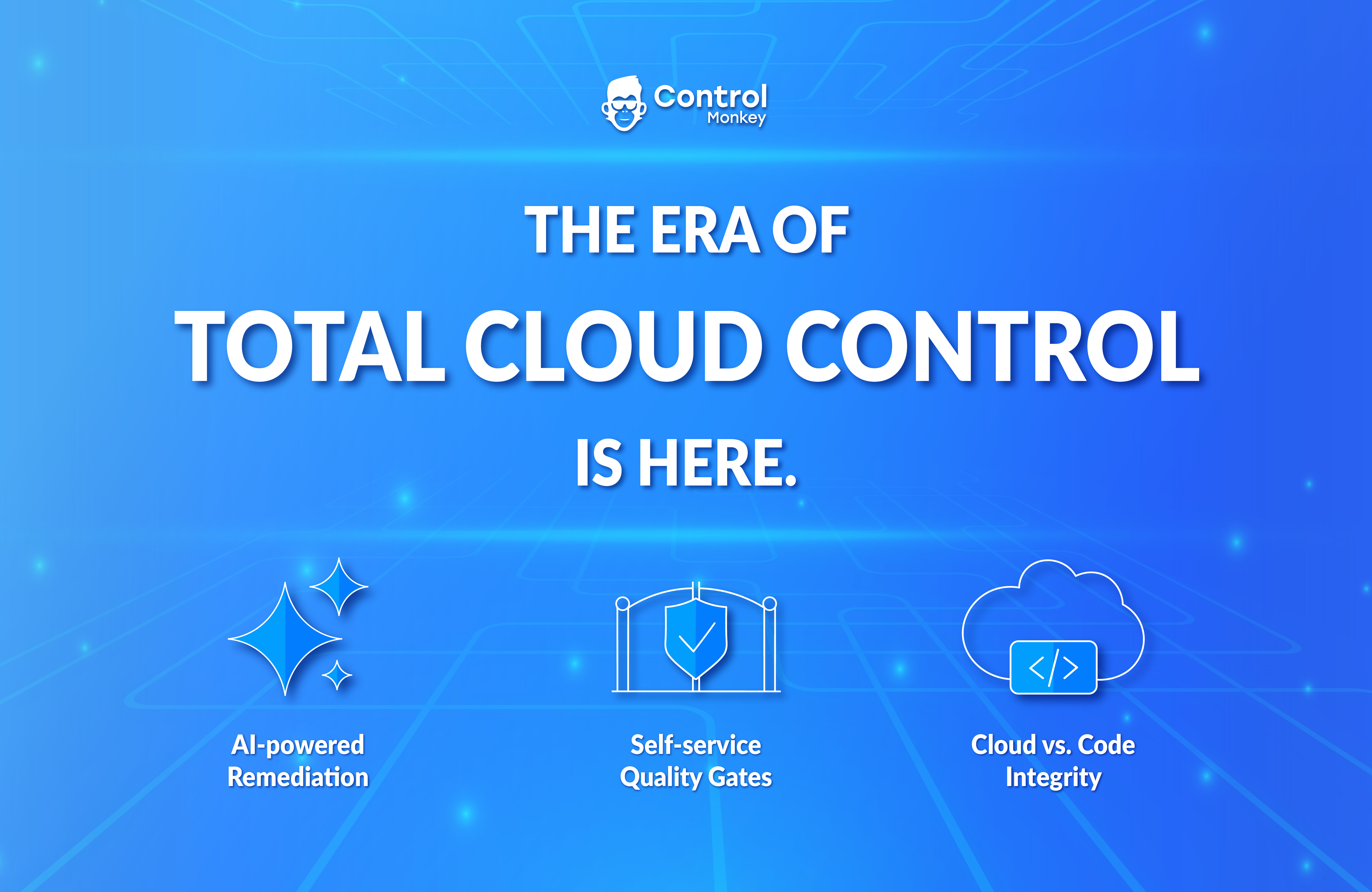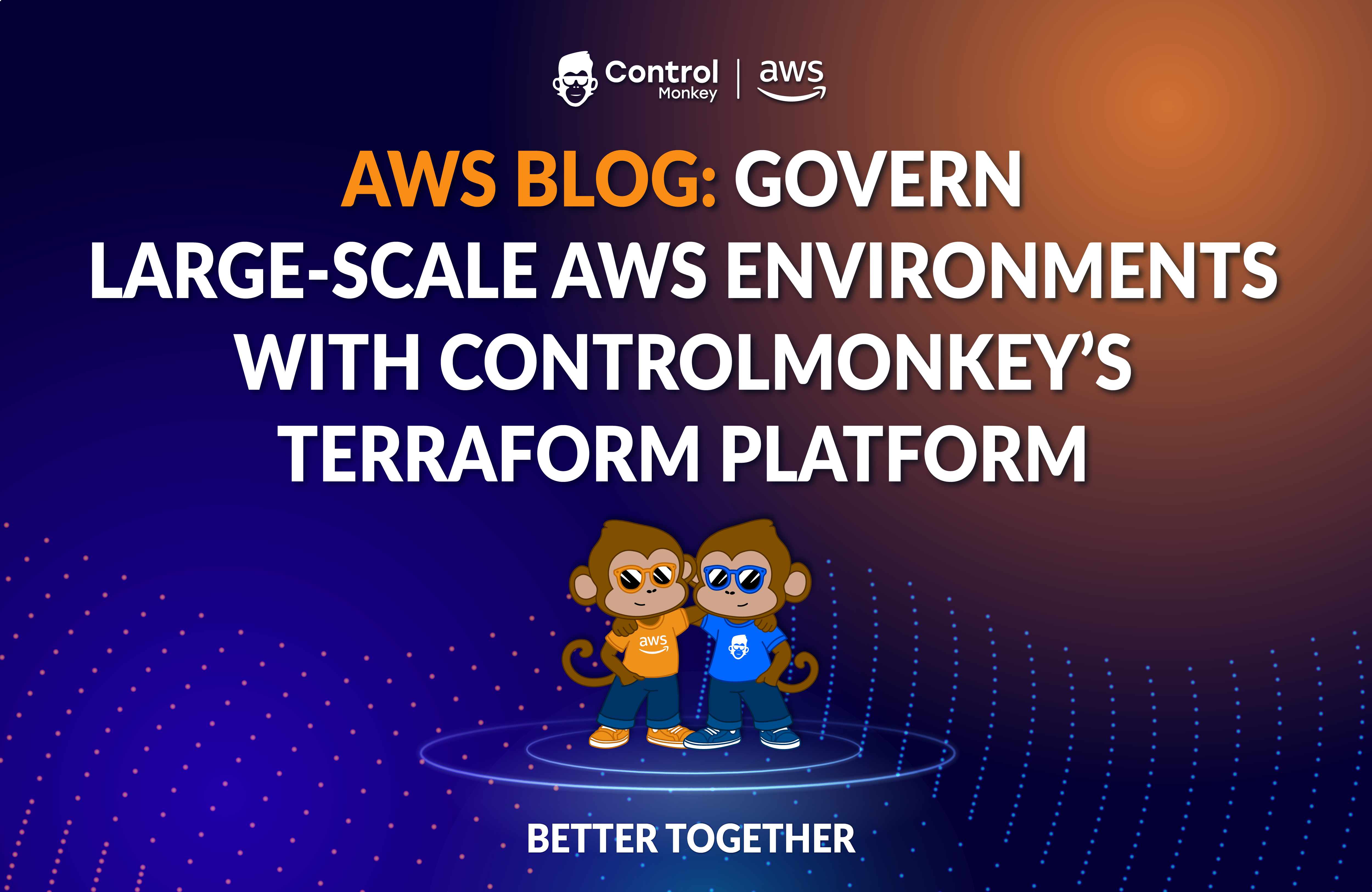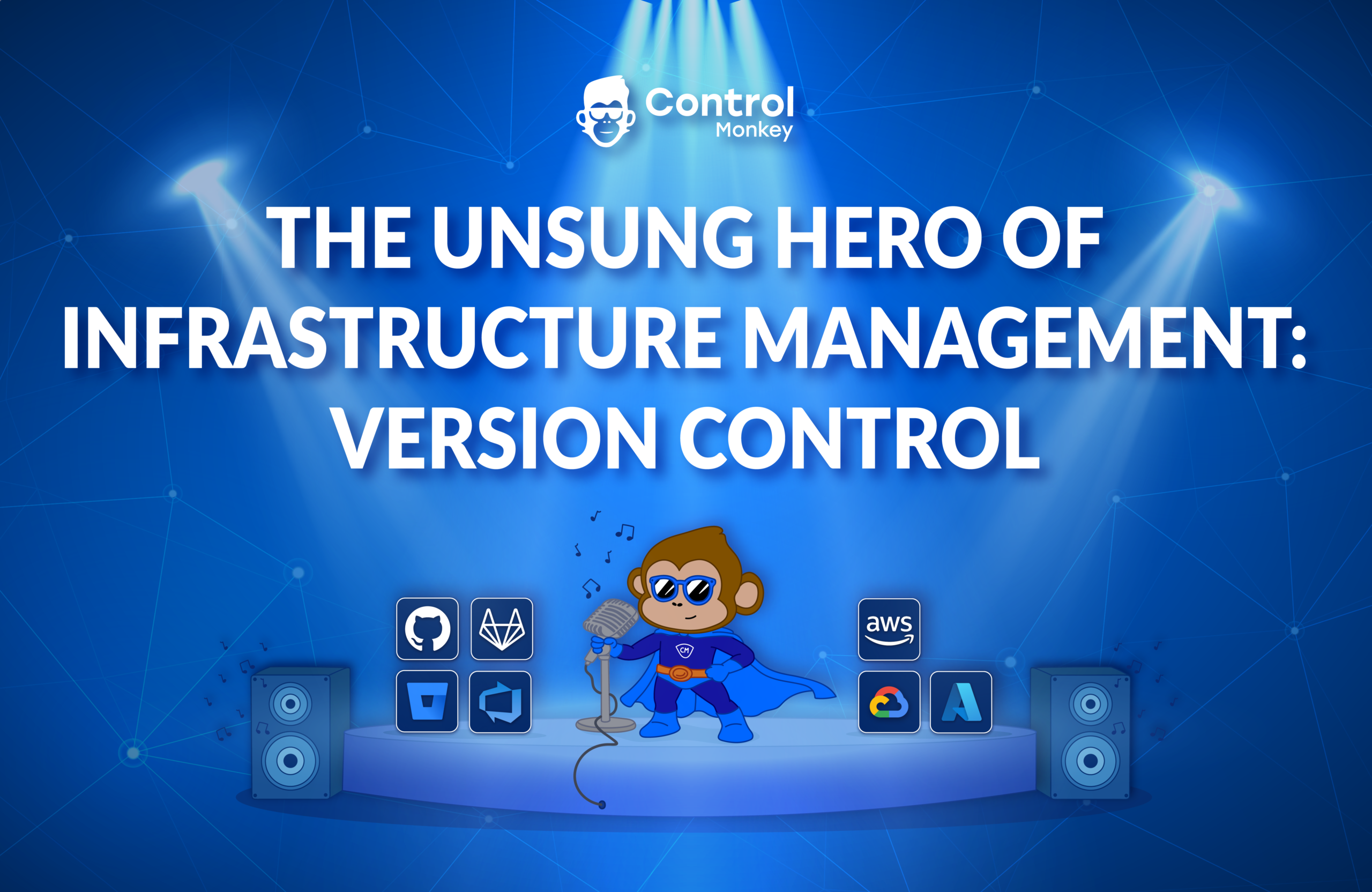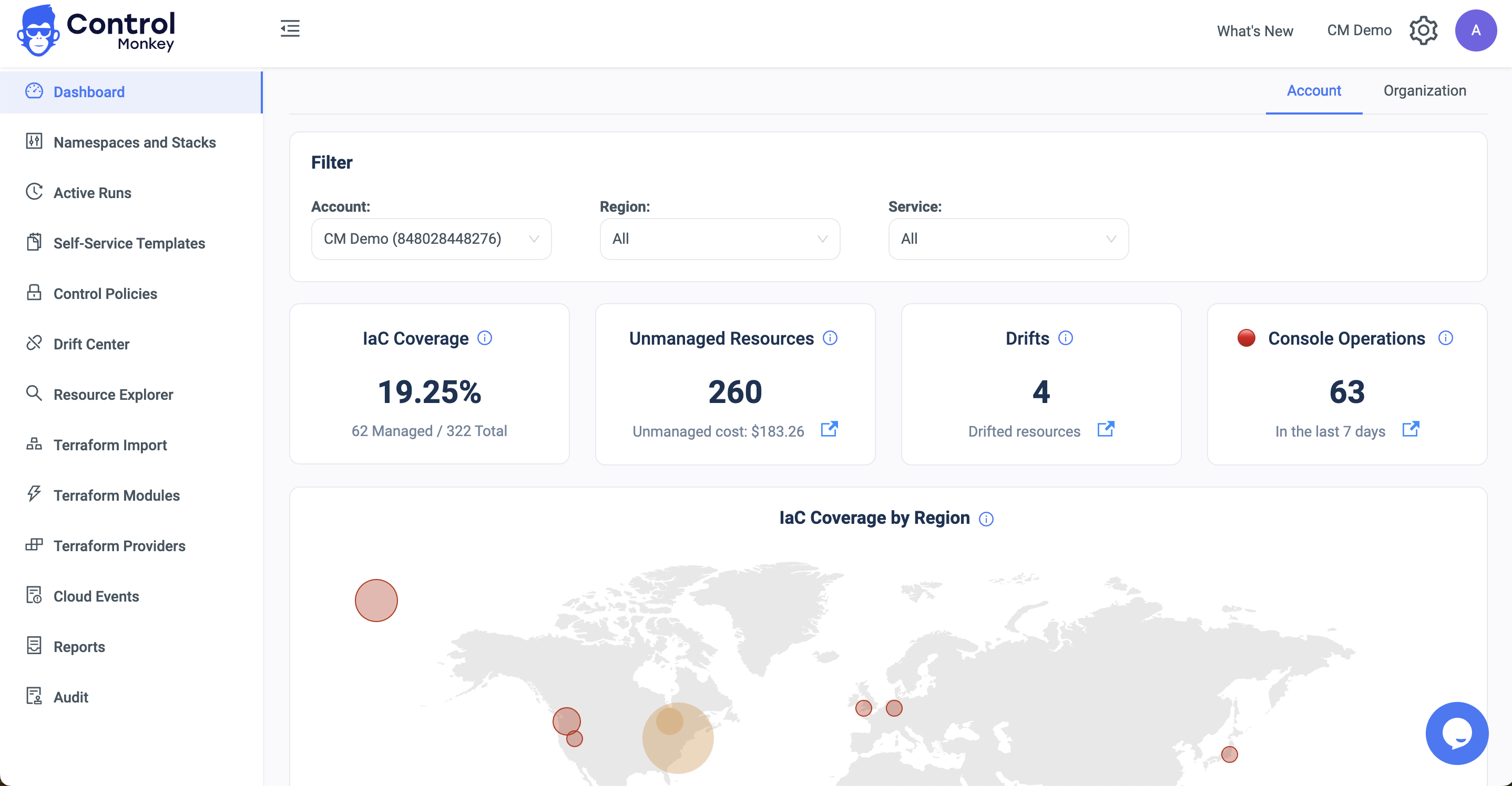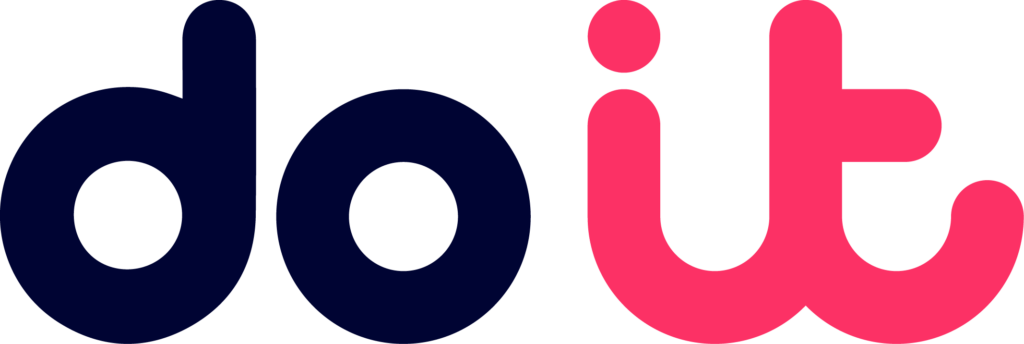Today ControlMonkey is pleased to announce that we have reinforced our Terraform Import Engine with the ability to Import Network Firewall resources to Terraform.
AWS Network Firewalls are leveraged in order to prevent malicious attacks on the application by defining multiple allow/deny rules on the networking layer.
However, in large-scale cloud environments with a lot of moving parts, the chance for mistakes \ misconfigurations rises.
For example, downtimes can be caused for your application’s users by blocking your VPC to legitimate connections, and on the other hand, misconfigured firewall rules can expose your application to malicious attacks.
On top of that, you would also want to track all the changes made to your Firewall rules and have the ability to roll back at any given moment to the previous state.
Therefore, managing your Network Firewall configuration with Terraform is highly important and is considered the ideal solution for scale.
But what if you already have a running firewall that you span up manually from the AWS console?
How do you import that to Terraform?
Luckily, ControlMonkey now supports one-click Terraform Import of the following Network Firewall resources:
Network Firewall (aws_networkfirewall_firewall)
Network Firewall Policy (aws_networkfirewall_firewall_policy)
Network Rule Group (aws_networkfirewall_rule_group)

ControlMonkey automatically generates the Terraform code + the Terraform state file so you can shift your Network Firewall management from ClickOps to GitOps in a few minutes with absolutely zero effort.
Managing AWS network firewalls with Terraform code offers several advantages:
- Infrastructure as Code (IaC): Terraform allows you to define your AWS network firewall configurations as code, making it easier to manage, version control, and replicate across different environments (such as development, staging, and production). This approach enhances consistency and reduces the risk of configuration drift.
- Automation: Terraform enables you to automate the provisioning, configuration, and management of AWS network firewalls. This automation can save time and reduce the potential for human error that may occur with manual configuration changes.
- Scalability: With Terraform, you can easily scale your AWS network firewall configurations up or down based on changing requirements. You can dynamically adjust rules, add new firewall instances, or modify existing configurations as needed, without the need for manual intervention.
- Visibility and Auditability: Using Terraform, you can maintain a clear and documented history of changes to your AWS network firewall configurations. This enhances visibility into your infrastructure and facilitates auditing and compliance efforts.
- Collaboration: Terraform code can be easily shared and collaborated on by teams of developers and operations engineers. This collaborative approach promotes knowledge sharing, improves communication, and fosters best practices in managing AWS network firewalls.
- Integration with CI/CD Pipelines: Terraform can be integrated into your continuous integration and continuous delivery (CI/CD) pipelines, allowing you to automate the deployment of changes to your AWS network firewall configurations as part of your software delivery process. This helps streamline the development lifecycle and ensures that infrastructure changes are tested and deployed consistently.
Overall, managing AWS network firewalls with Terraform code provides greater control, automation, scalability, and visibility, leading to more efficient and reliable infrastructure management in the cloud.
Want to learn more? Feel free to book an intro meeting with us.

